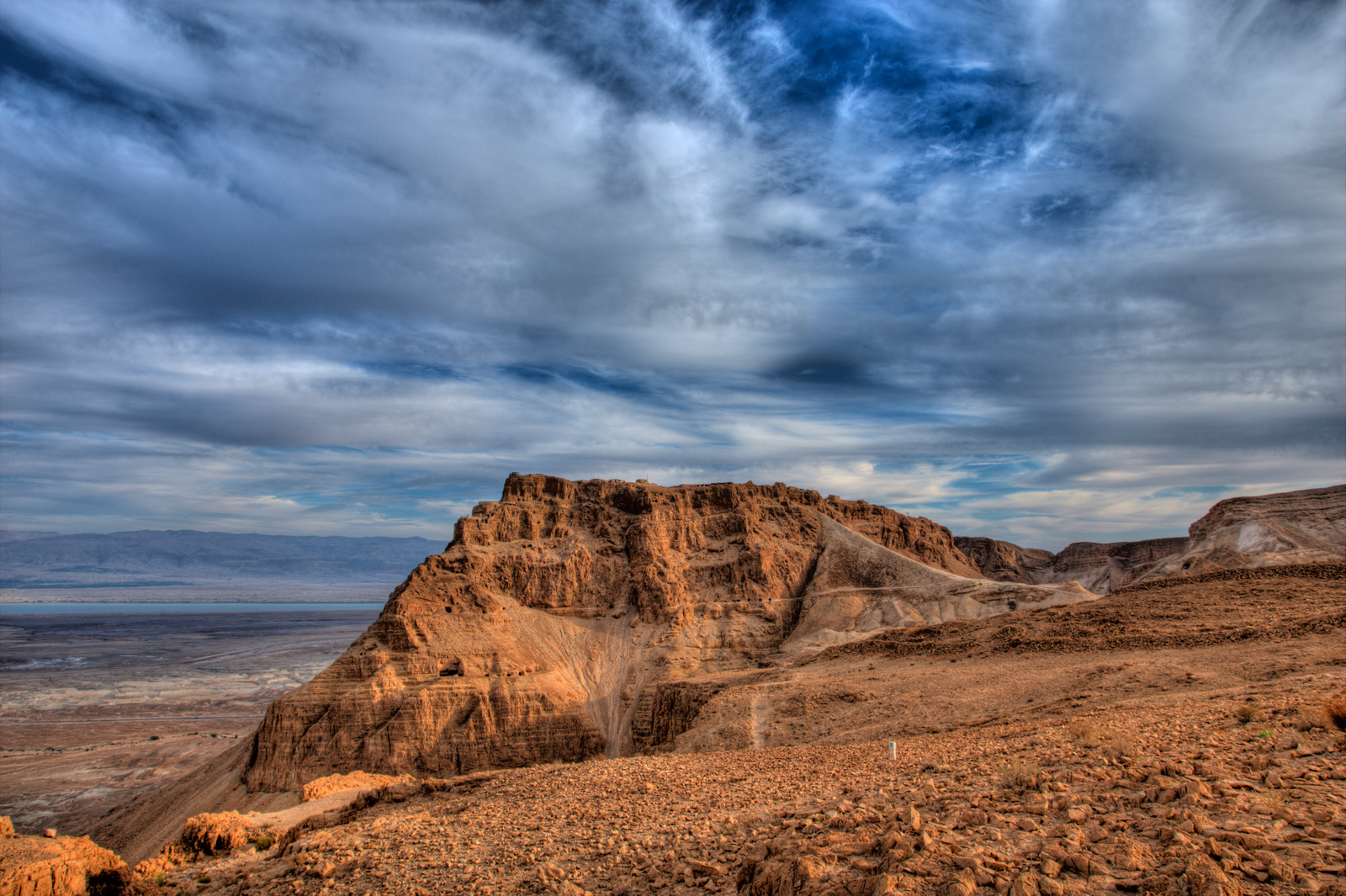
Spring Break in the Holy Land
“Masada is no longer a symbol of Israel,” Amir, our tour guide, began.
The famed story of the fortress Masada, whose inhabitants committed mass suicide instead of surrendering to Roman rule, has lived on for almost a full 2,000 years. Masada had long been an emblem of Israeli pride, Amir explained, but its story no longer matches the ideals of an open and democratic Israeli state. Israeli identity has evolved, he said, through constant self-reflection.
On our last night in Israel, we headed out to a Tel Aviv suburb and joined a crowd of mostly 60-year-olds at a concert performed by the “Rolling Stones of Israel.” Before long, I found myself breaking into a dancing spree and making hand gestures toward the main vocalist, who seemed amused by the random American college kids acting like they were at a dorm party.
In the weekly Fareed Zakaria podcasts I listened to or the occasional “Atlantic” article I read before leaving for the trip, Israel seemed to be all about conflict: A against B, this problem and that fight. So that’s what I expected as I boarded my Turkish Airlines flight to Tel Aviv. I wanted to get a first-hand look at the Israeli-Palestinian conflict, so that I could develop rational, independent views on the issue by the end of the trip.
Upon setting foot in Jerusalem, I soon realized that the eight days we had would be far too short for me to complete that mission. I was fascinated by what I learned about Israel’s peace negotiations and multiparty parliamentary democracy, but the daily wonders of the streets—men dressed in all sorts of attire, Hebrew, Arabic, and English coexisting on street signs, and Israeli soldiers patrolling the bustling markets—were just as interesting.
The occasional UN vehicles I noticed in the hotel parking lot, and the warnings about walking in the area of the Old City between the Muslim market and the Church of the Holy Sepulcher, reminded me of the conflict that the media never fails to spotlight. Israelis like the man I met selling freshly squeezed pomegranate juice at a market in Jerusalem, though, didn’t always seem to have the conflict on the top of their minds.
I’m from South Korea, and so, I, too, am used to getting questions about how worried I am about this nuclear test or that missile launch from my unfriendly neighbor to the north. It’s sad that Kim Jong-un, not some famous poet or a world-class chef, is the most famous Korean to most of my classmates. “There’s more!” I always want to tell them.
In Israel, I dipped my feet in the clear waters of the Sea of Galilee and picked up chunky salt crystals in the Dead Sea. I danced the Debka with children in Nazareth. I sang the Shabbat prayers one Friday night. In a few years’ time, I will remember both the camel walls of the Old City and the reflection of the beach on the skyscrapers of Tel Aviv. Most importantly, I will remember the mysterious mélange of stories this land has to share.


